Cuba’s Foreign Ministry has rejected any involvement,
Others are reading now
Cuba’s Foreign Ministry has rejected any involvement,
Sent to the front line
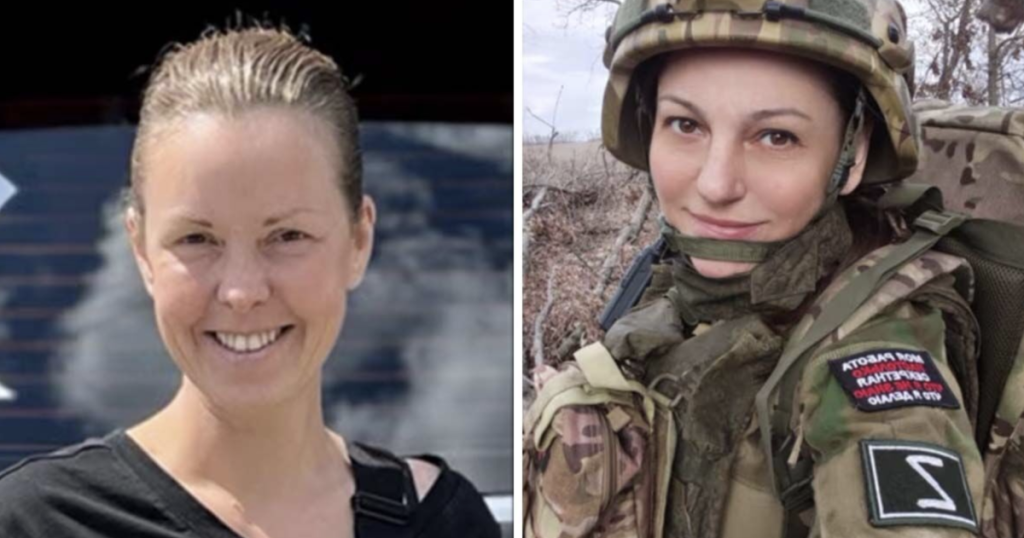
Two Russian women accused of tricking hundreds of Cubans into fighting for Moscow’s army have reportedly been deployed to the front lines in Ukraine.
Olga Shilyayeva, a 41-year-old hairdresser, and Yelena Smirnova, a travel agent from Ryazan, are both said to be serving in combat zones after they played key roles in a recruitment scam that promised jobs but led to war.
Promises of work turned into battlefield service
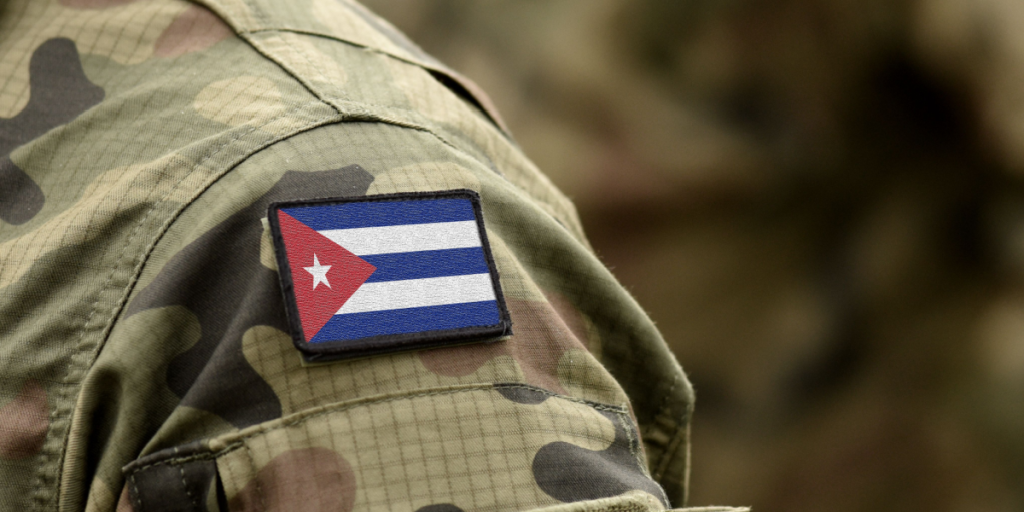
The pair, along with a Cuban accomplice, allegedly recruited more than 3,000 foreigners with offers of well-paid construction and support jobs in Russia.
Smirnova used Spanish-language social media posts promising salaries of about 200,000 rubles a month and even offered to pay travel and housing costs.
Also read
Many recruits believed they were heading for legal employment, not military duty.
Contracts they could not read

According to reports, dozens of young Cubans signed Russian-language contracts they could not understand.
The documents committed them to serve in the army, and when they arrived, they were told to repay the cost of their travel directly from their own bank accounts.
Some later accused Smirnova of stealing money and filed police complaints after they realised they had been duped.
From recruiter to soldier
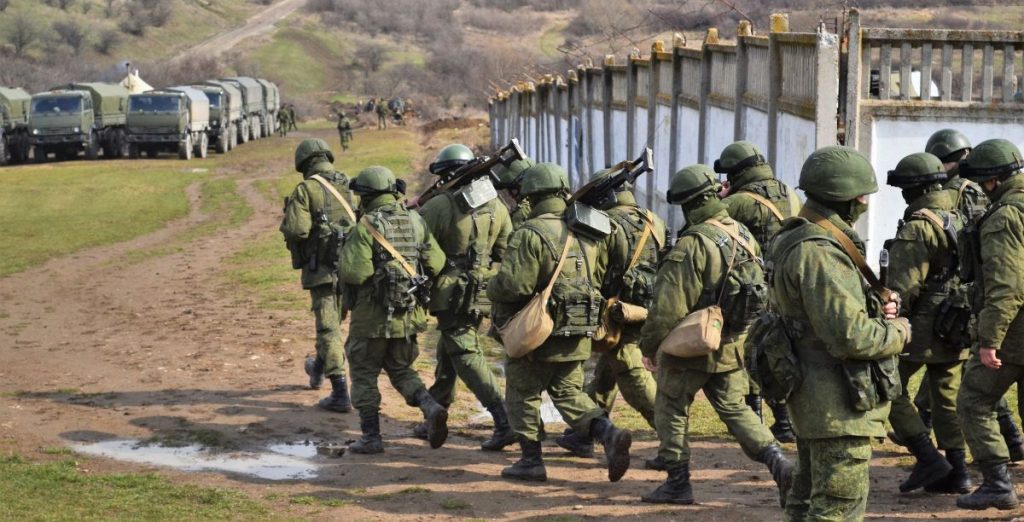
By April 2024, Smirnova had been arrested and charged with theft.
Also read
Her lawyer, Sergei Poselyagin, insisted she was the victim of “twisting of the facts,” and asked that she be released early in exchange for joining the army as a translator in a signals intelligence unit.
Reports now suggest that request was accepted, sending her straight to the front.
Shilyayeva, too, has been deployed, reportedly attached to a unit made up largely of former prisoners.
The Cuban connection
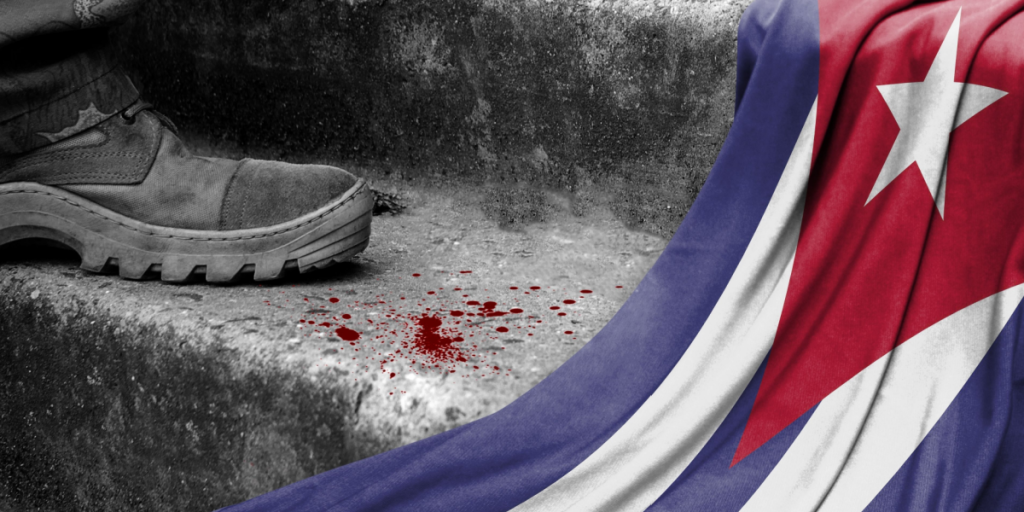
Helping the women was another Cuban, 37-year-old Dayana Diaz, who handled paperwork, bought tickets and ran recruitment adverts online.
Her social media showed both Cuban and Russian flags, alongside promotions for decorative soap bouquets.
Also read
Some of the defrauded Cubans later identified Diaz as part of the scam during interviews and video testimonies.
Voices from the front

Two 19-year-old Cubans, Alex Vega and Andorf Velasquez, spoke from a military hospital in Kaliningrad, describing how they “travelled to Russia to make some money.”
Instead, they said, they were forced to sign papers in Moscow and sent to Ryazan, where they lived in a school dormitory before being moved to the front lines.
“We ended up digging ditches, and eventually being wounded,” they said in a 2023 video.
Russia’s foreign recruits
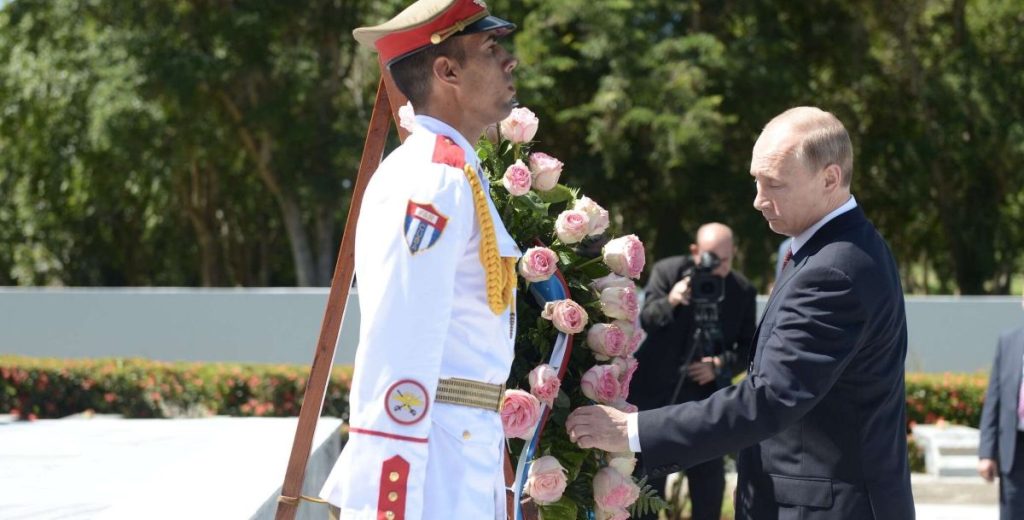
Moscow’s army has come to rely heavily on foreigners as casualties mount in Ukraine.
Also read
Western intelligence estimates that nearly 700,000 Russian troops have been deployed, including about 12,000 North Koreans.
Cubans make up the largest foreign group, with roughly 5,000 already fighting and up to 20,000 awaiting deployment, according to US reports.
Questions over Russian intelligence ties
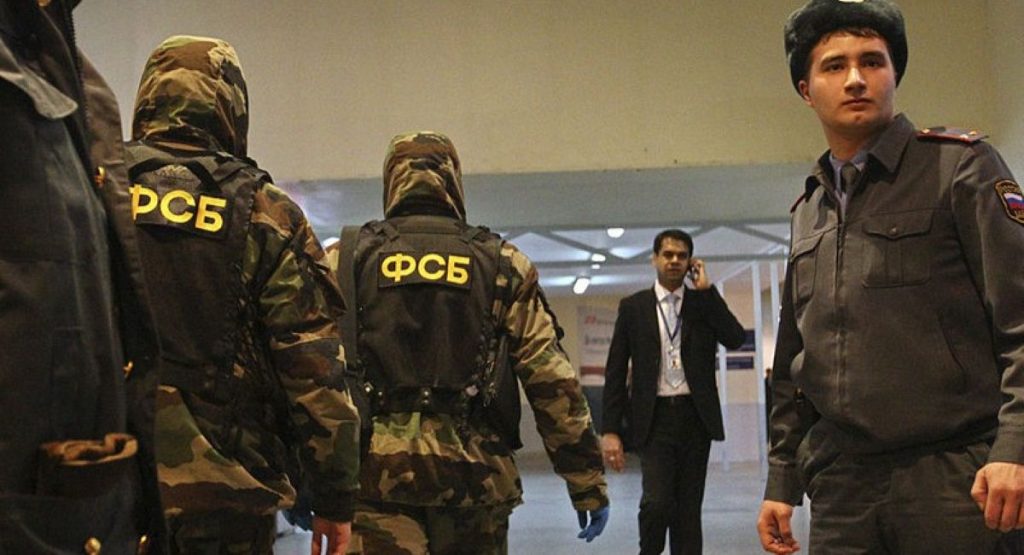
The scheme’s connection to Russian intelligence remains unclear.
Ukrainian lawmaker Marian Zablotskiy suggested it may have operated with the knowledge of agencies such as the FSB or GRU, but no proof has been presented.
Investigative reporters at Systema found no direct links but noted that arranging visas and travel for thousands of recruits would have required official oversight.
Also read
Havana distances itself from the scandal
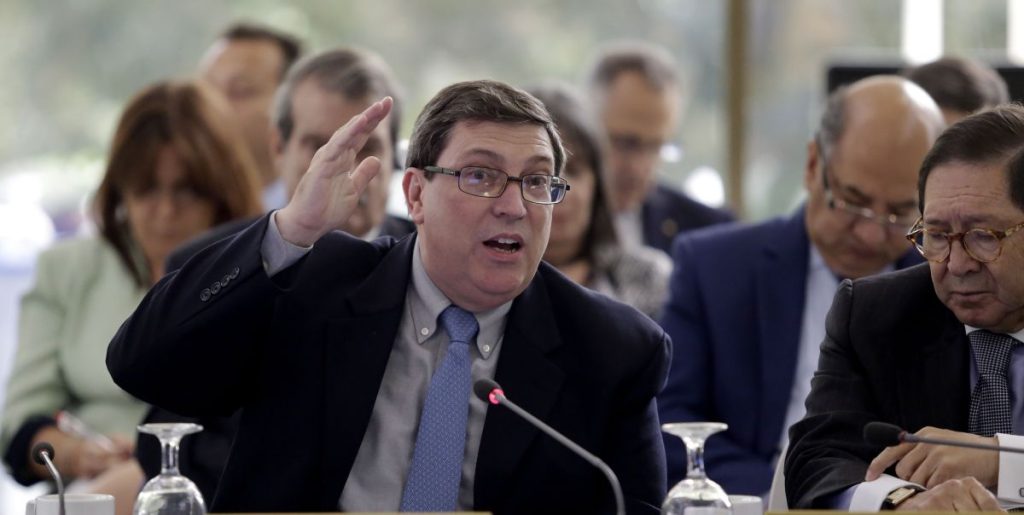
Cuba’s Foreign Ministry has rejected any involvement, saying:
“Cuba is not part of the armed conflict in Ukraine, nor does it participate with military personnel there, or in any other country.”
Officials reaffirmed the island’s “zero-tolerance policy toward mercenaries and human trafficking.”
Yet the number of Cubans already fighting raises questions about how much control Havana really has.


